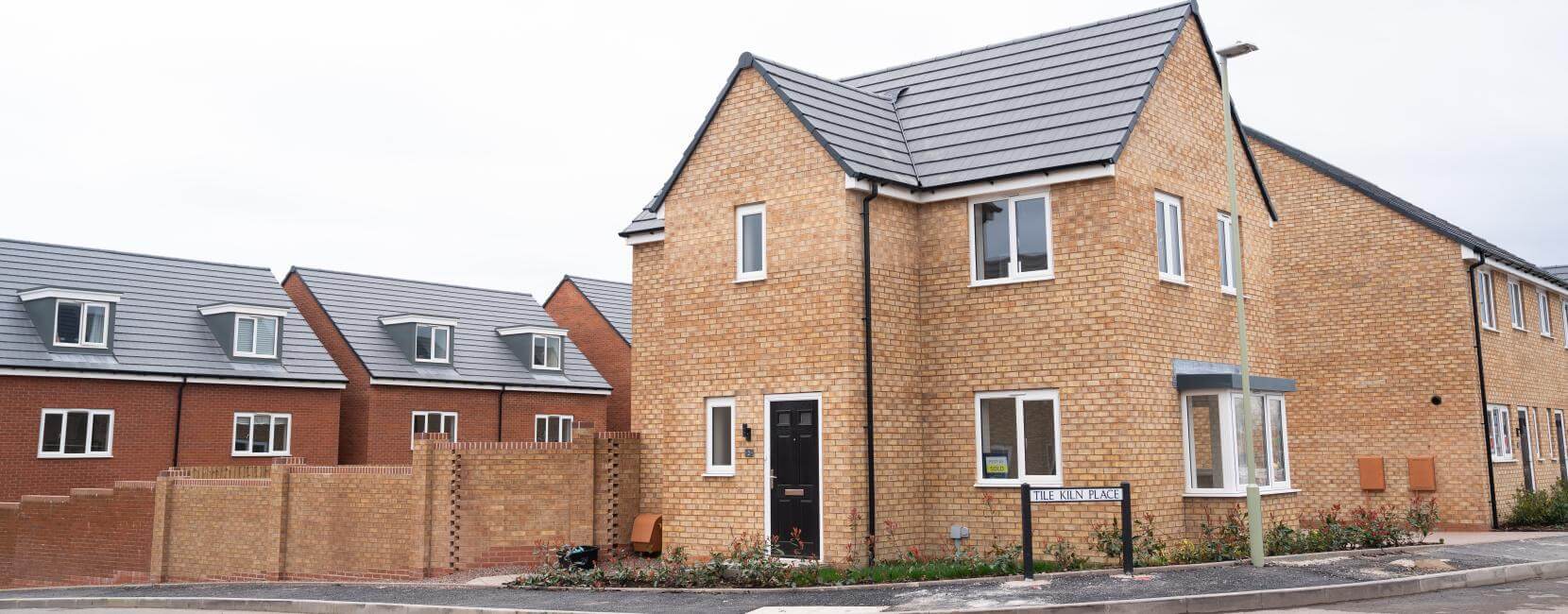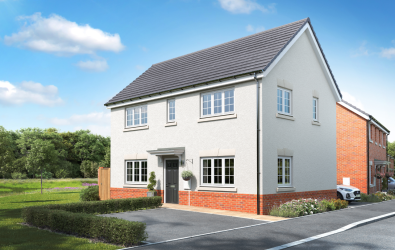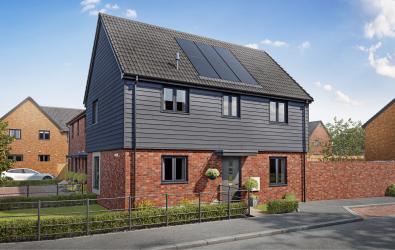Buying versus renting. It’s the age-old debate that always seems to be in the headlines. There’s advantages and disadvantages to both but ultimately, it comes down to your individual circumstances and what you’re looking for in the long-term.
Buying is usually favoured over renting where possible as it’s seen as an investment. People often cite renting as ‘throwing money away’ and while that’s true to an extent, it’s not always a choice people can make.
Below we explore the advantages of buying and renting before answering the question, should I buy or rent a house?
What are the advantages of buying a house?
Buying a home is typically the largest purchase most people will make in their lives. It’s an aspiration for many and comes with several benefits:
Financial investment: A major upside of buying a property is that you automatically have an investment that could be useful in the future. Rather than spending your money on paying off someone else’s mortgage, you're contributing to something that is yours in the long-term. As you build equity in your home, you could use this to buy a larger home or even downsize and fund retirement in later life. Typically, the money you ‘make’ in the rising value of your home is the largest amount of money you’ll make in your life.
Certainty and control: When you buy a property, you’re in control of the monthly costs. If you have a fixed-rate mortgage, it’s much easier to predict what you’ll be paying over the course of the mortgage term instead of being at the whims of a landlord that may change your rent or even sell the property and hand you over to a completely different landlord.
Security: When you buy a home, it’s yours. You’re not at the whims of a landlord who might suddenly decide to sell the property or require you to move out. This is particularly true for young families or those that have an established job in a specific area.
Freedom: One of the common frustrations we hear about from renters is that they don’t have the freedom to make the changes they’d like to. When you buy a home, you’re not burdened by a tenancy agreement that establishes what you can and cannot do in terms of furnishing, decorating or even changing the layout of a property.
What are the advantages of renting?
If you’re debating whether you should buy or rent a house, here’s the various advantages that renting can offer:
Maintenance: When you buy a property, you’re in charge of everything that goes wrong. It’s up to you to get it sorted and this can often result in both unexpected stress and costs. In rented accommodation, you simply have to get in touch with the landlord and they’ll generally fix it for you.
Financially easier: This is the main reason why many people choose to rent. Getting together a deposit - plus all of the admin fees that comes with buying - is often a major obstacle to buying a home, particularly in desirable areas where property is usually much more expensive.
Flexibility: The standard tenancy agreement is 12-months, meaning you have more flexibility in choosing where you live. This is particularly important for people that aren’t necessarily set on living where they are long-term or regularly change jobs. Likewise, if your personal circumstances change significantly, it's much easier (and less risky!) to simply cancel your tenancy and move on. If you own a home and find that you can’t pay your mortgage, it becomes much more complicated and potentially damaging financially in the long-term.
Experience different locations: Renting often provides people with the opportunity to ‘try before you buy’. You may have a desirable area in mind that is simply too expensive for you to purchase in. Renting gives you the opportunity to experience living in that area without having to commit to a large financial purchase. For this reason, many people choose to rent in the short-term to see if the area they’ve chosen is actually ideal for them in the long-term.
Buying vs renting: Which is cheaper and which is right for you?
As you can see, buying versus renting often comes down to several key factors: budget, where you’re at in your life and the area you’re choosing to live in.
Understandably, the financial aspects of buying and renting often dictate what people choose to do.
In the immediate short-term, renting is generally cheaper than buying as you don’t require a large deposit upfront. Additionally, you don’t have to pay some of the extra costs you do with a property purchase such as stamp duty, insurance, property maintenance and other often overlooked costs.
That said, depending on the state of the market, interest rates and other external factors, homeownership is generally cheaper over time in terms of monthly repayments. Likewise, when you buy a home, you’re effectively investing in an asset that will generally rise in value over time.
To summarise, buying a house means a large upfront cost but becomes more cost-effective over the long-term versus renting. Over 10 years, for example, homeownership generally offers better value than renting as you’ll be paying lower monthly costs and your asset may have potentially risen in value significantly. Over the last decade house prices have increased by 57%, which would mean your initial investment has built significant value.
How can you make buying more accessible?
So now that we know the advantages of buying and renting, plus which is cheaper, how can we tackle the elephant in the room - the inherent challenge of buying increasingly expensive property?
The key to this issue are the affordable home ownership schemes that we leverage to support aspiring homeowners. Schemes such as shared ownership and rent to buy, which are increasingly popular with homebuyers, offer a much more accessible route into homeownership and provide the benefits of both buying and renting.
Depending on your individual circumstances and budget, both of these schemes may be suitable for you.
Shared ownership is particularly popular because it offers a direct route to homeownership but reduces the initial upfront cost significantly while still offering flexibility and control.
Likewise, due to the nature of the housing market and these schemes, shared ownership properties are often available in desirable areas that would normally be out of reach financially.
With this in mind, if you’d like to take a look at some of the shared ownership properties we have available, you may find that homeownership is much closer than you think.







